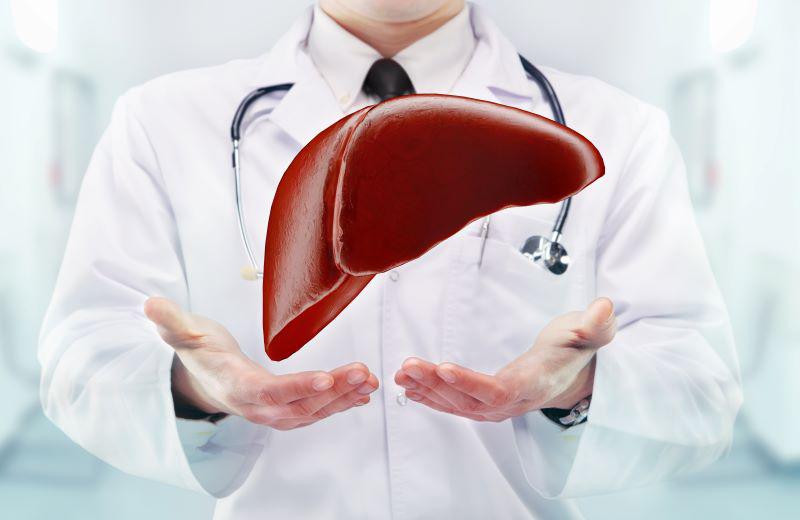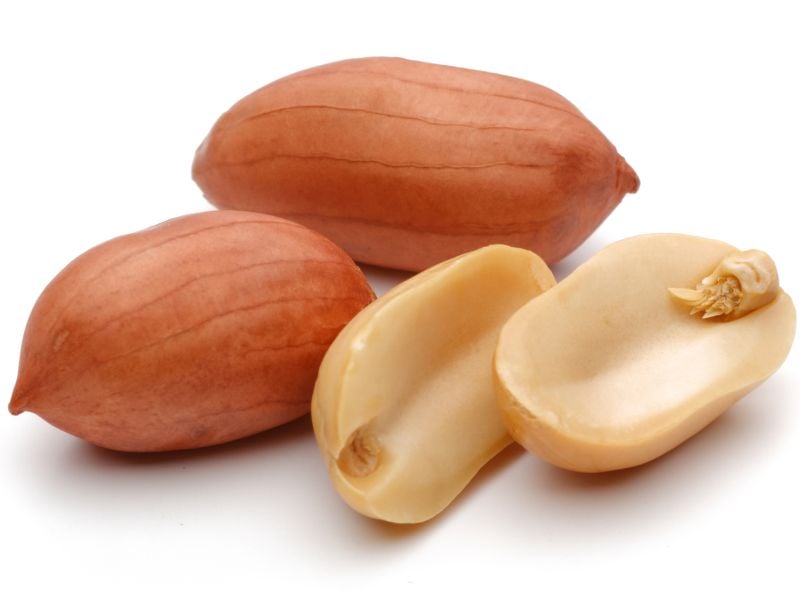
The U.S. Food and Drug Administration is taking action against e-cigarettes disguised to look like everyday items that appeal to young people. The FDA sent warning letters Thursday to seven online retailers that were selling unauthorized vape devices that look like drink containers, toys and phones. The products’ design could appeal to young people and… read on > read on >






























